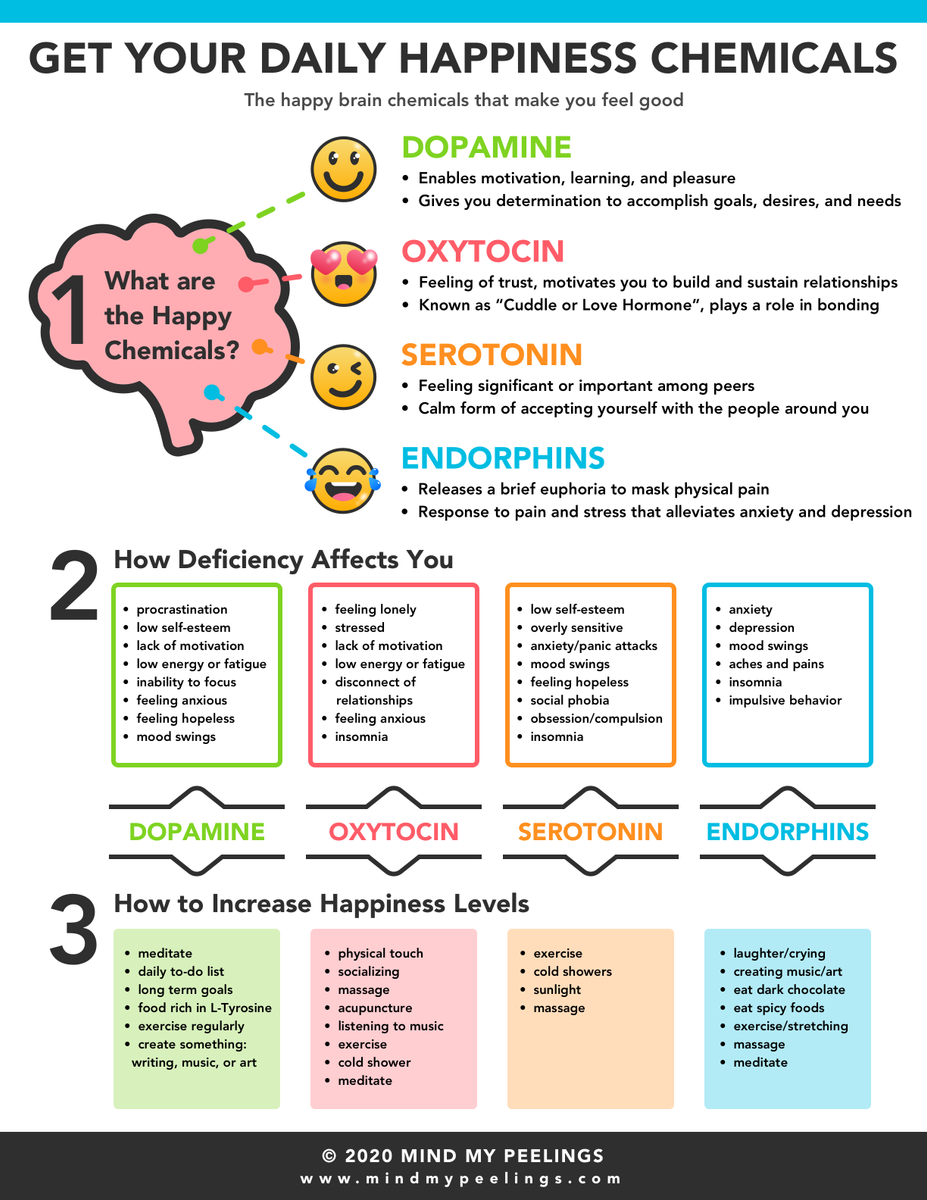Wellbeing

Pulse Survey Feedback
I take this opportunity to thank nearly 80% of students in Years 7-12 who participated in the Pulse Survey on Friday 6 August (end of Week 4). The valuable data provided in the survey has enabled the Wellbeing Team to gauge how students are coping with a variety of elements associated with remote learning and employ strategies to contact those students who are struggling with the experience. Some key insights from the survey include:
- More boys in the younger year groups indicated they felt ‘calm and relaxed’ while those in Years 11-12 were more likely to be feeling anxious
- A large proportion of the boys indicated they had a ‘generally positive’ outlook on the remote learning experience. Many others indicated that they felt ‘neither good nor bad’. A small percentage of boys indicated that they felt ‘lonely', 'anxious’ or ‘very down and flat’.
- Close to 57% of Year 7 boys were on average getting nine or more hours sleep, with that percentage sliding in the older cohorts. Over 60% of Years 11-12 students were getting seven to eight hours each night
- 78% of students in Years 7-12 were exercising at least 30 minutes per day, with 31% averaging more than one hour each day.
Feedback on boys in Years 5-6 can be found in the Junior School section of today’s Especean. Our intention is to conduct another survey soon in order to obtain a comparison on how the boys are coping as remote learning continues.
Parents are encouraged to talk to their sons about their responses to the pulse surveys and assure them that their responses matter. We take them seriously; this is one of many ways their voices can be heard.
Are You Getting Your Daily D.O.S.E?
Hormones are chemicals produced by different glands throughout the body. They travel through the bloodstream, acting as messengers, playing an essential role in many bodily processes.
One important function of these hormones is to help regulate mood and help promote positive feelings including happiness and pleasure.
D.O.S.E. is the acronym for the major chemicals in our brains that influence our happiness; the brain’s happy chemicals. These chemicals are Dopamine, Oxytocin, Serotonin, and Endorphins. On both a biological and mental level, the release of these chemicals makes us happy. This happiness leads us to want more happiness. These chemicals make us want more of the same chemicals.
Have a look at the infographic below and see what you can do to increase your happiness chemicals today!
Resources from the Australian eSafety Commission
The eSafety Commission has recently provided an update on several free parent webinars available in the coming weeks. These live webinars explore the latest research and are a great way to learn how you can help your child develop the skills to be safer online. All sessions are delivered by eSafety's expert education and training team.
- eSafety's guide to online sexual harassment and image-based abuse (Tuesday 24 August, Tuesday 7 September and Thursday 9 September)
- eSafety's parent guide to popular apps (Tuesday 31 August and Monday 6 September)
- eSafety parent guide to digital technologies and mental health (Tuesday 19 October, Thursday 21 October and Tuesday 26 October)
Register at Webinars for parents and carers | eSafety Commissioner.
Also, check out the eSafety Commission’s comprehensive advice to parents and carers for online safety during the COVID-19 pandemic: COVID-19 Global Online Safety Advice for Parents and Carers.
Students also have the chance to check out resources from the eSafety Commission by accessing Young People | eSafety Commissioner. There is advice provided on a wide range of topics covered, for example, online gaming and the differences between bullying and banter within the online context.
Robert Simpson
Director of Wellbeing

